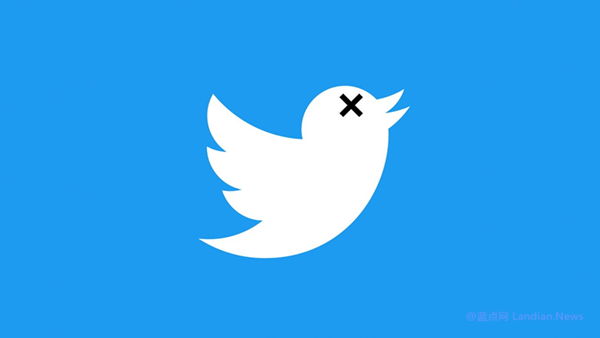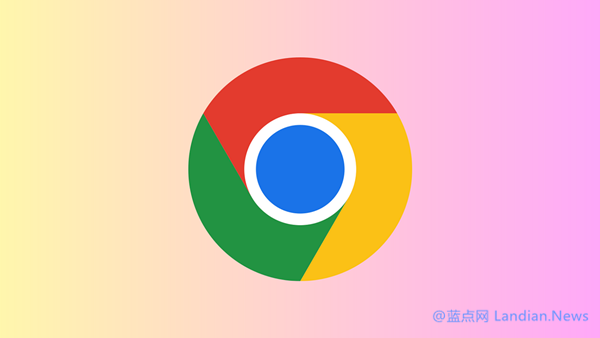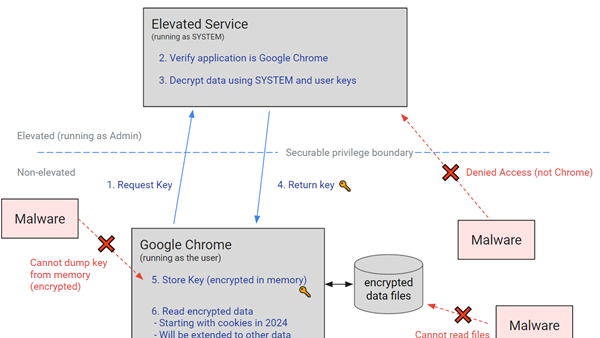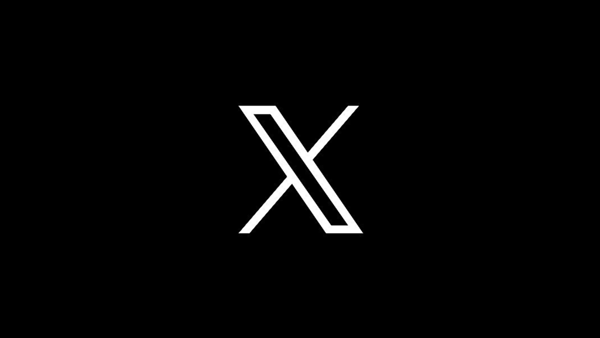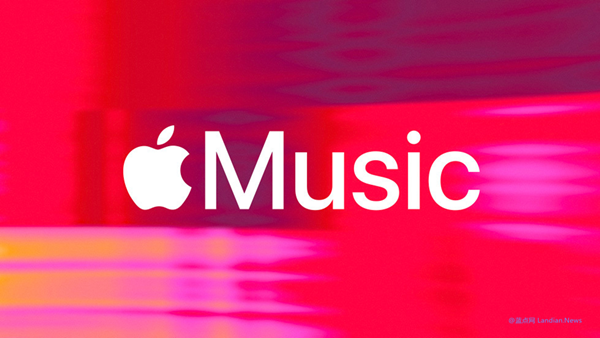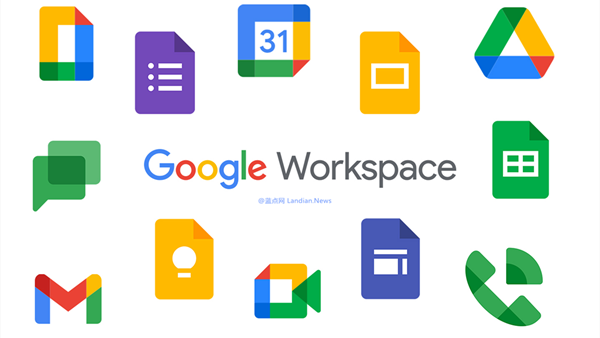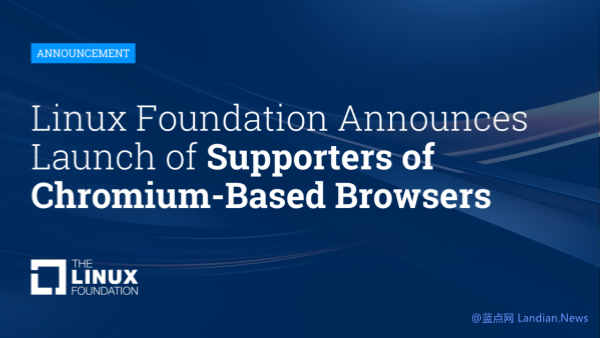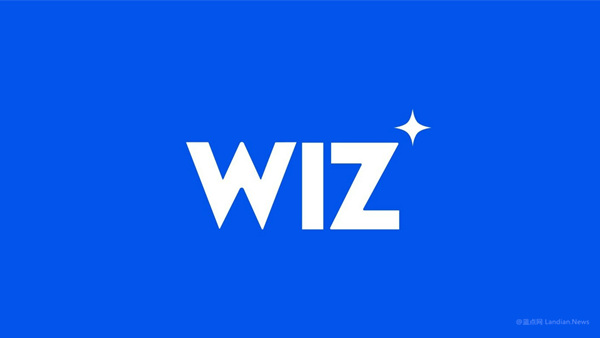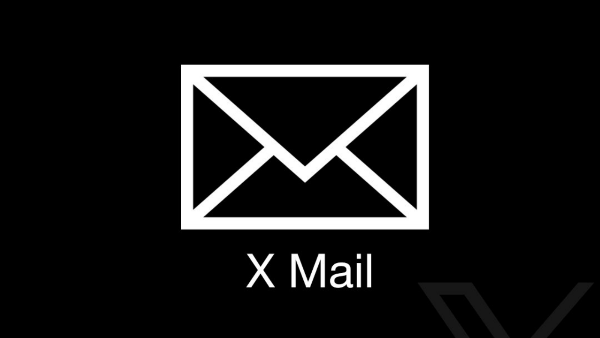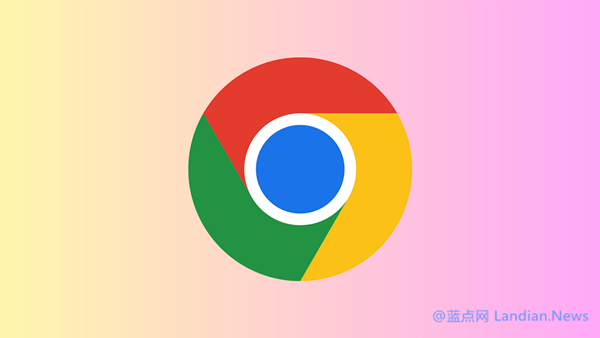Tech Giants Embrace Paid Verification Badges: Meta, Google Gmail Follow Elon Musk's Lead
Following Elon Musk's introduction of new verification badges on Twitter, Meta has also adopted a similar approach. While verification badges have existed before, the new twist is that anyone, be it a celebrity or an ordinary user, can now obtain a blue verification badge by simply paying a subscription fee. Elon Musk's Twitter Blue subscription is essentially a membership fee, and Meta's strategy is quite similar, making the new verification process primarily a revenue-generating initiative.
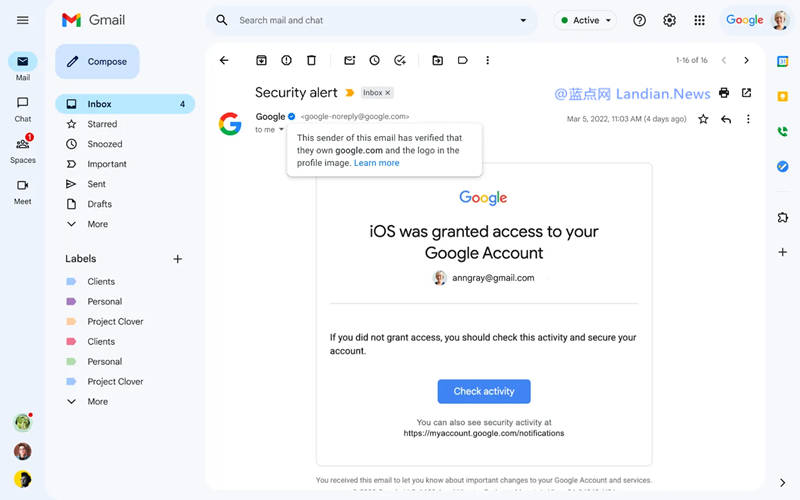
Google's Gmail has also taken cues from Twitter, announcing today the launch of BIMI (Brand Indicators for Message Identification). Businesses can submit information to Google and pay for verification. Once verified, their emails will feature a blue verification badge next to the sender's name and allow for the setting of a brand logo, enhancing recognizability for users.
According to Google, BIMI certification helps users and security systems identify and block spam, while allowing senders to leverage their brand's trustworthiness. The key focus is on security systems, so the likelihood of bulk emails sent by verified companies being intercepted by Google's system will be significantly reduced.
The exact pricing for BIMI is still unclear, but businesses can begin submitting verification requests starting today. Once verified, their emails will display a blue verification badge in Workspace accounts and personal user inboxes.
Elon Musk's reaction to these moves? He simply laughed, likely believing that his actions have spurred other tech companies to capitalize on verification features as an additional source of revenue.
